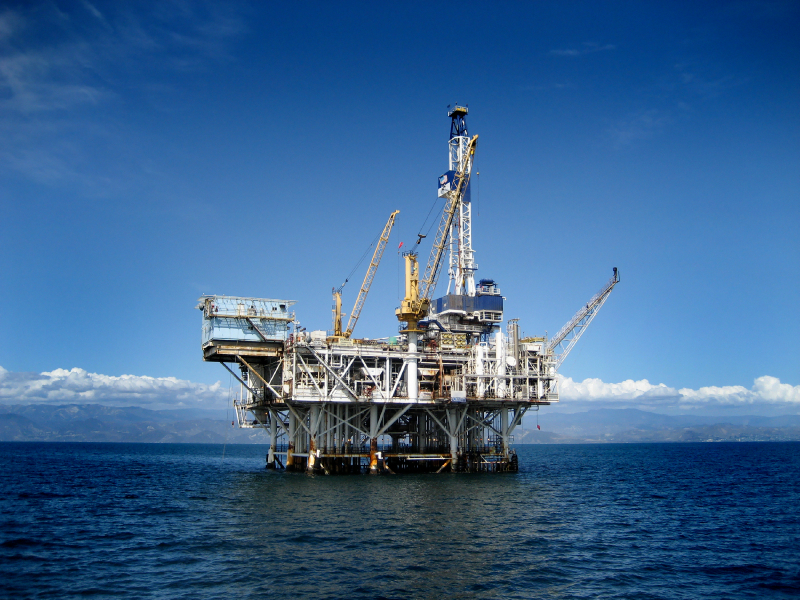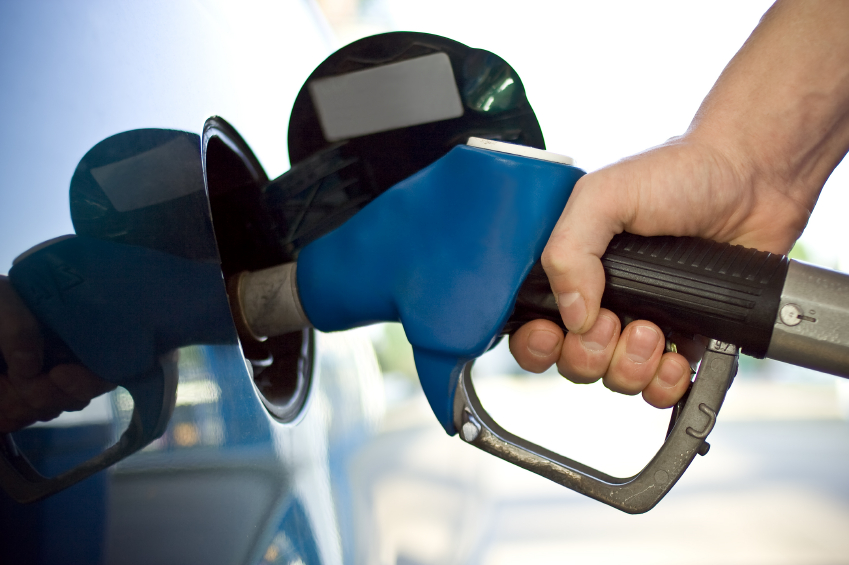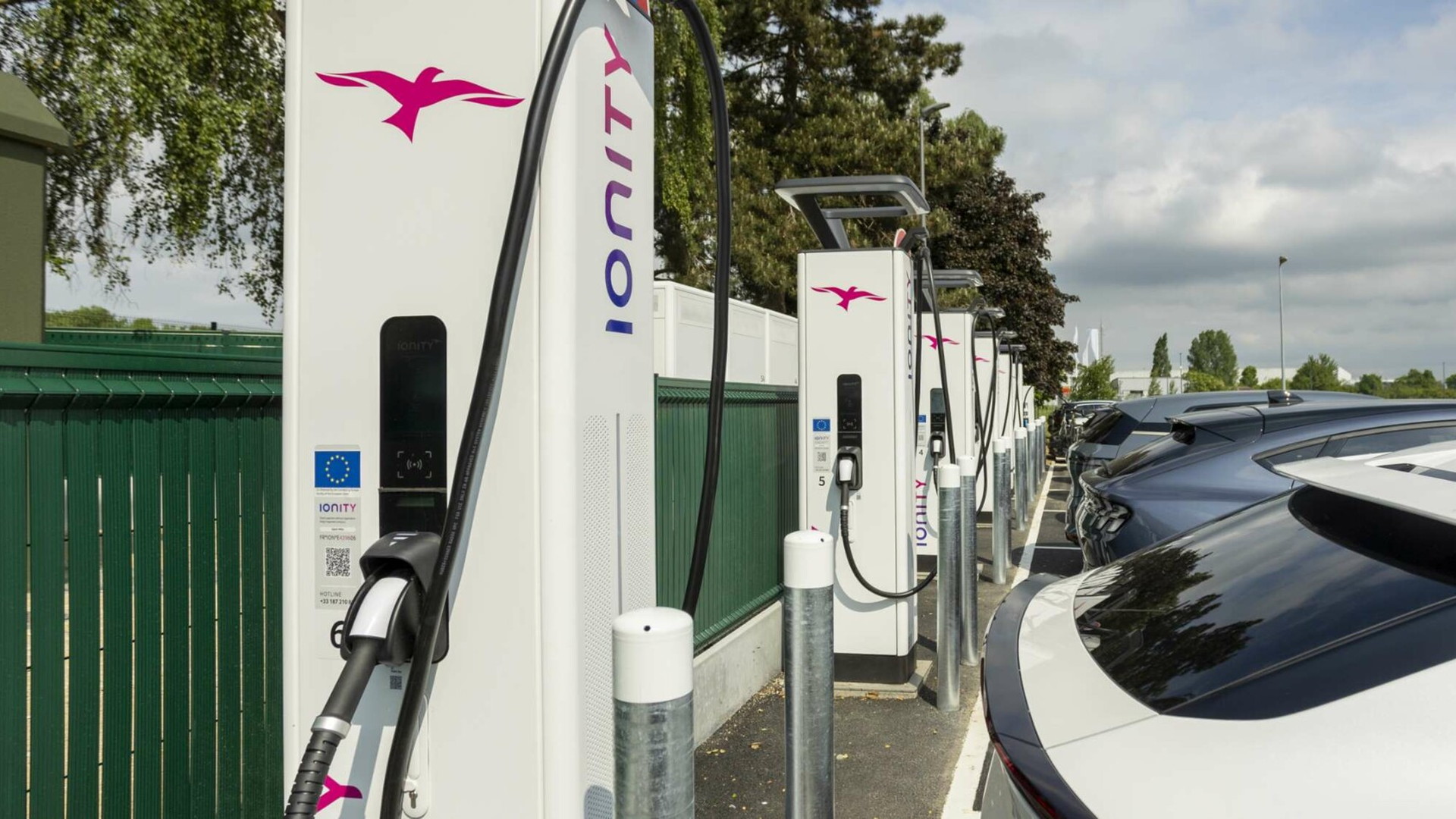The low oil prices that boosted new-car sales and caused average fuel-economy gains to sputter last year may be here to stay, for a while at least.
With fuel prices low throughout 2015, Americans bought more new cars, but many of them were less-efficient SUVs and crossovers.
And those oil prices likely won't increase dramatically for the next decade or so, says one of the industry's largest traders.
DON'T MISS: Multiple Trends Turning Slowly Against Oil, Says Rocky Mountain Institute
"It's hard to see a dramatic price increase," Ian Taylor--CEO of the Vitol Group--told Bloomberg in a recent interview.
Independent trader Vitol is one of the largest companies of its kind. It trades 5 million barrels of crude per day--enough to fulfill the needs of Germany, France, and Spain--so its views carry weight in the oil industry.
Taylor said his company predicts prices will remain within a "band" of $40 to $60 per barrel for the next five to 10 years.

Offshore Oil Rig
That means oil-producing countries and the energy industry could be in the midst of the longest period of low prices since 1986 to 1999, when oil hovered at $10 to $20 per barrel.
It's possible that prices will increase somewhat before the end of the year, Taylor said, to about $45 to $50 per barrel.
But prices likely won't get much higher than that, he said, suggesting that oil is unlikely reach triple-digit prices again in the near future.
ALSO SEE: Big Oil To 'Lose Control Of Auto Industry': Energy Conference (Apr 2015)
The stabilization of low oil prices is due in large part to excess supply as relevant industries realize efficiency gains and supplies expand.
Oil prices began their downward plunge in November 2014, when the Organization of Petroleum Exporting Countries (OPEC) decided to reverse its historical policy of cutting oil production to keep prices high.
OPEC instead vowed to maintain high production levels, a move it felt would help it compete with other producers, like the U.S. shale fields, Canadian tar sands, the North Sea, and deep-water wells off the coasts of Brazil and Angola.

Gas pump
More than a year later, Iran is now poised to return to the international oil market, potentially increasing the glut.
At the same time, oil demand in developing markets--one of the main drivers of the industry--has slowed.
MORE: How Shell Oil Sees The Future Of Energy And Vehicle Fuels In 2050 (May 2015)
China in particular is reportedly no longer the oil consumer it once was.
Low oil prices could hurt the causes of renewable energy and electric cars, as consumers see less financial incentive to switching.
But if the world is actually consuming less oil, at least we could be heading in the right direction.
_______________________________________________












